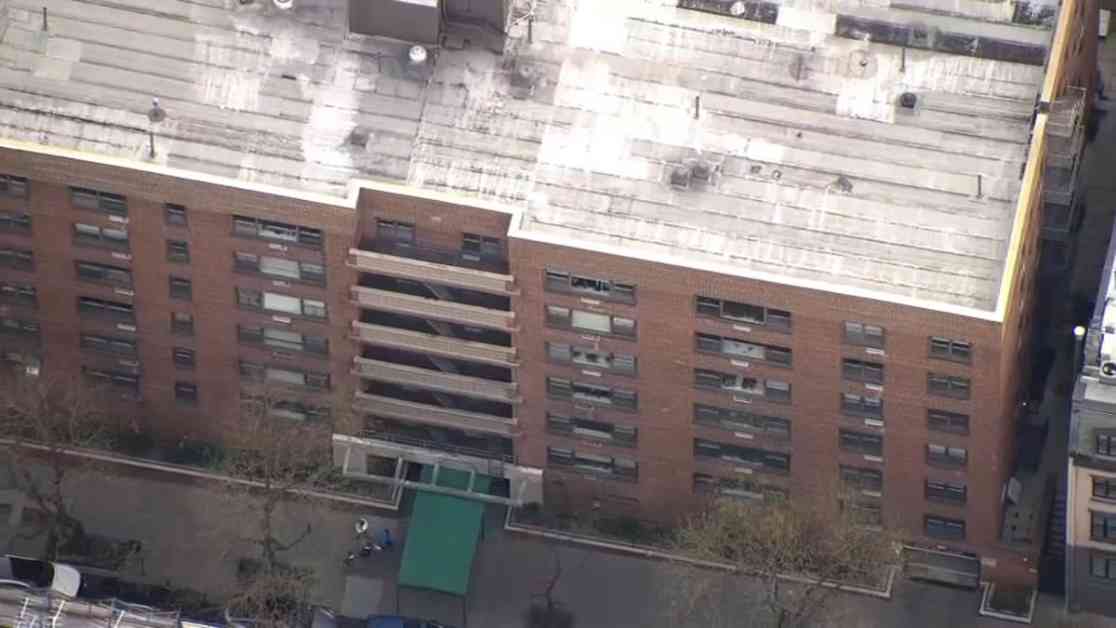Developer Seeks Tax Break for Formerly Rent Stabilized Apartments
In a bid to secure a 40-year tax abatement, the owners of an Upper East Side apartment building are pledging to transform it into a 100 percent affordable prime Manhattan residential property. However, this move has sparked skepticism among long-time tenants who are questioning the developer’s commitment to affordability.
Tenants Raise Concerns
At a recent meeting of Manhattan Community Board 8, Luigi Racanelli, a tenant at 170 East 83rd Street, voiced his doubts about the developer’s plan. He highlighted that many units in the building were already protected under New York’s Rent Stabilization program before the new owner took over. This raises questions about the true impact of the proposed changes on affordability.
Developer’s Promises
Douglaston Development, the new owner of the property, has assured Community Board members that they will impose income restrictions on all 50 units in the building. According to Daniel Russo, Douglaston’s project manager, this initiative aims to provide permanently affordable housing for all residents. Steven Charno, President of Douglaston Development, echoed this sentiment, emphasizing the benefits to the neighborhood.
Expert Insights
Oksana Mironova, a policy analyst at Community Service Society, has raised concerns about the tax break sought by the developer. She questions the justification for providing such incentives for a property with existing rent protections. Siobhan Stocks-Lyons, a spokesperson for Douglaston, defended the developer’s stance, asserting that all units in the building would gain new affordability protections under the proposed deal.
Uncertainty and Opinions
Despite the assurances from Douglaston Development, there remains uncertainty about the true impact of the proposed changes. With conflicting accounts of the number of units previously protected under Rent Stabilization and the lack of transparency from relevant authorities, tenants like Greg Harden are left wondering about the future affordability of their homes.
In the midst of this debate, the fate of the tax abatement rests with New York City’s Department of Housing Preservation and Development. The decision will have far-reaching implications for the residents of 170 East 83rd Street and the broader community. As stakeholders weigh the pros and cons of this proposal, the future of affordable housing in Manhattan hangs in the balance.
